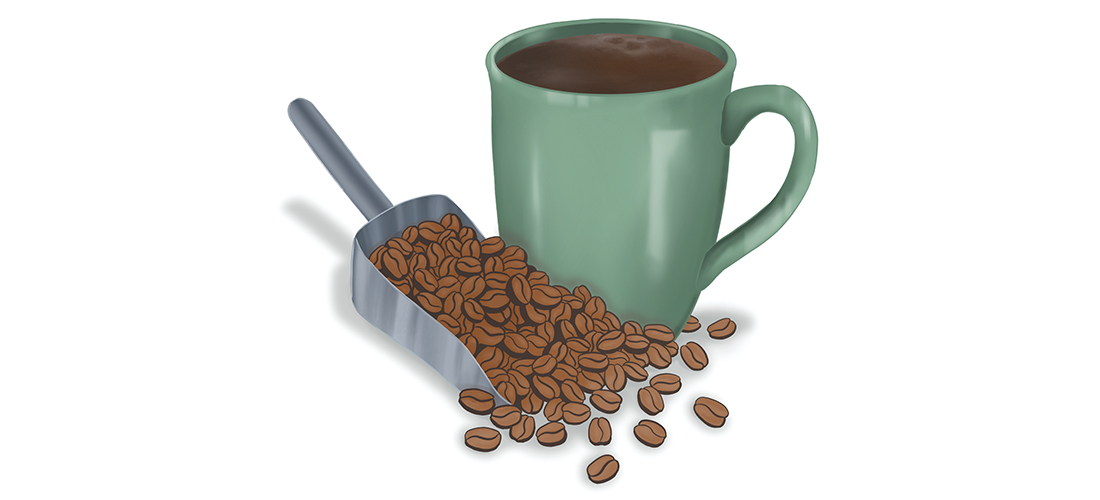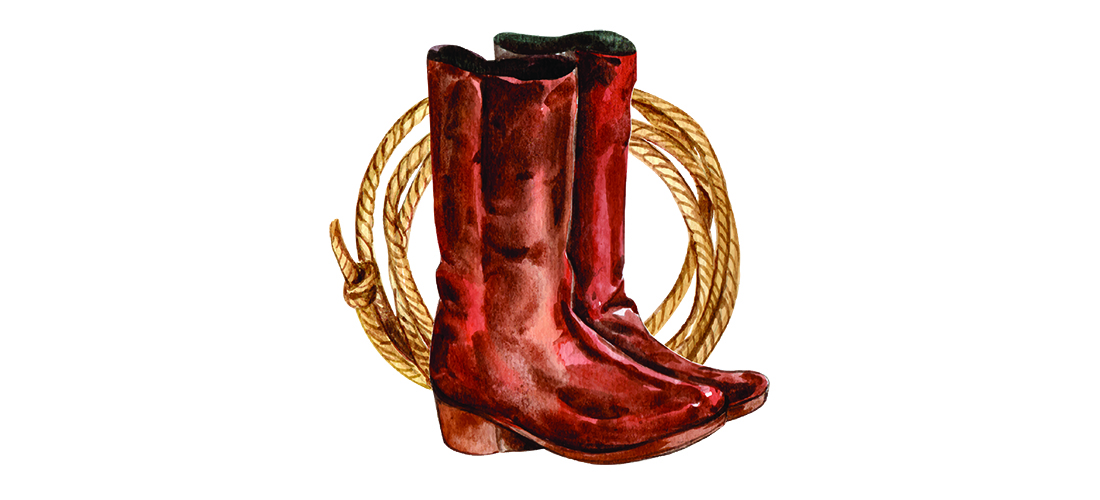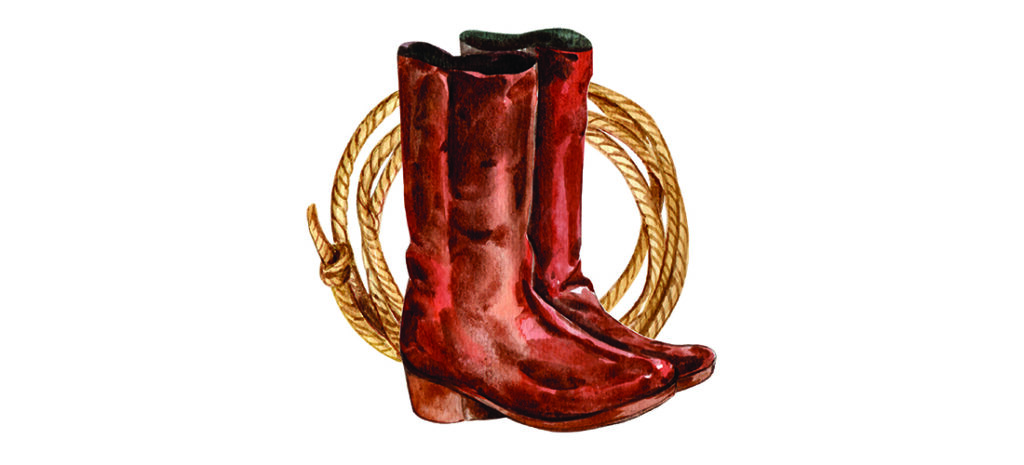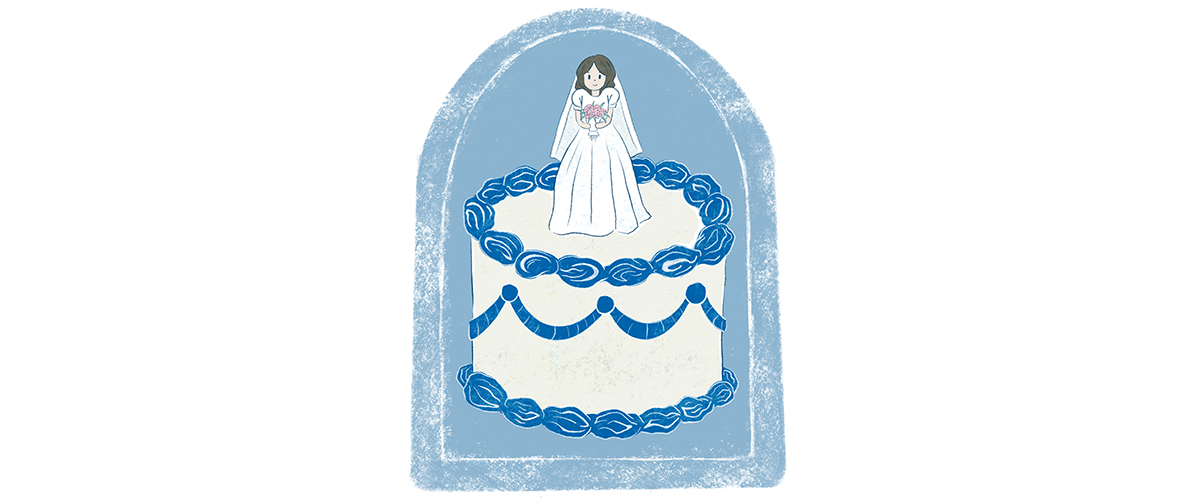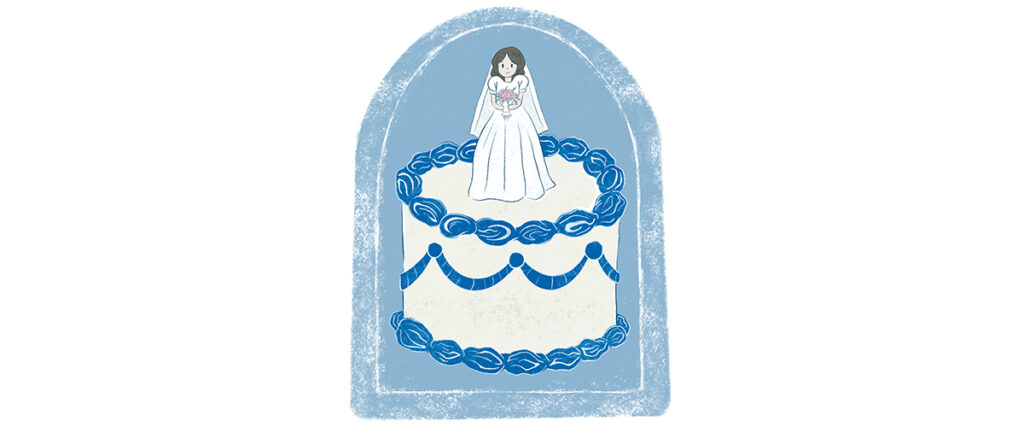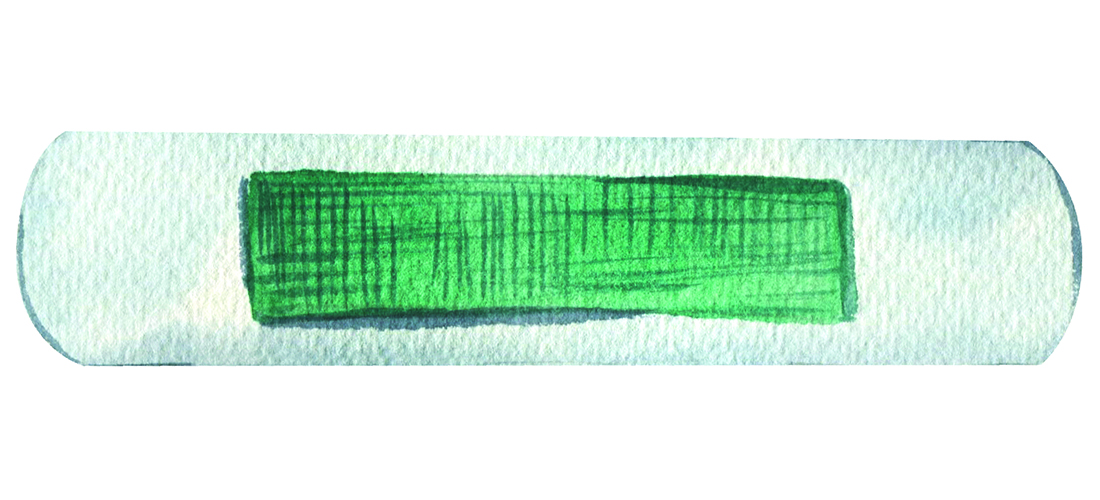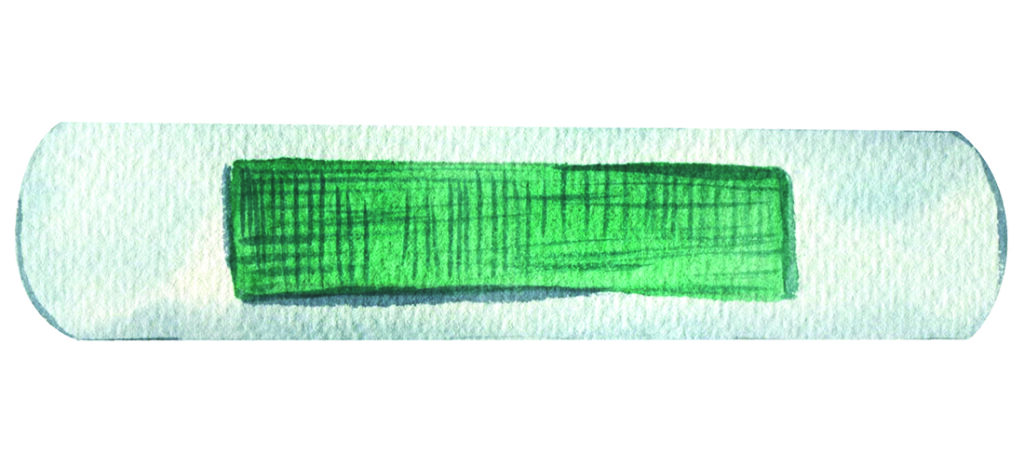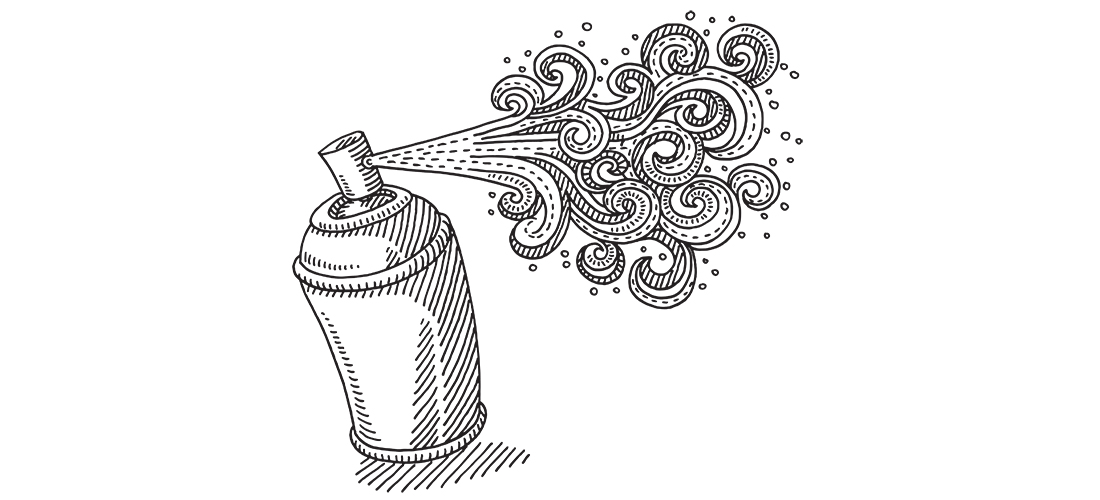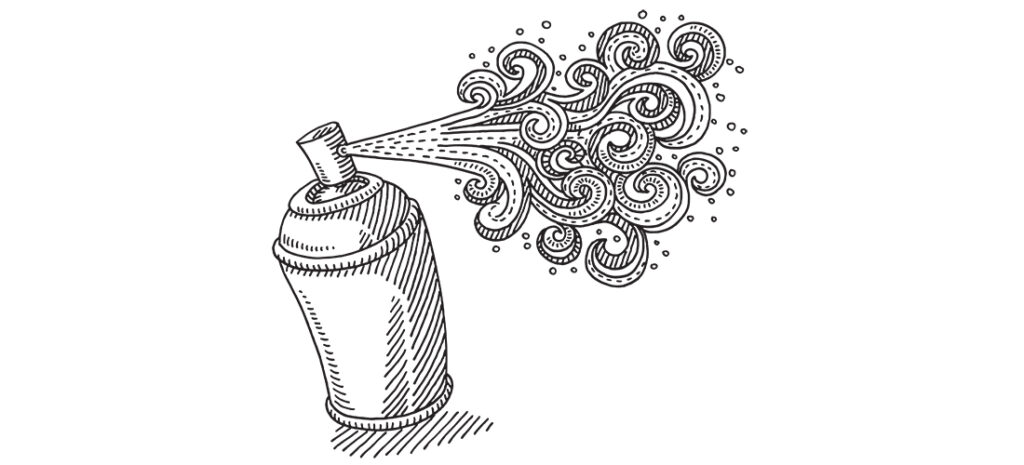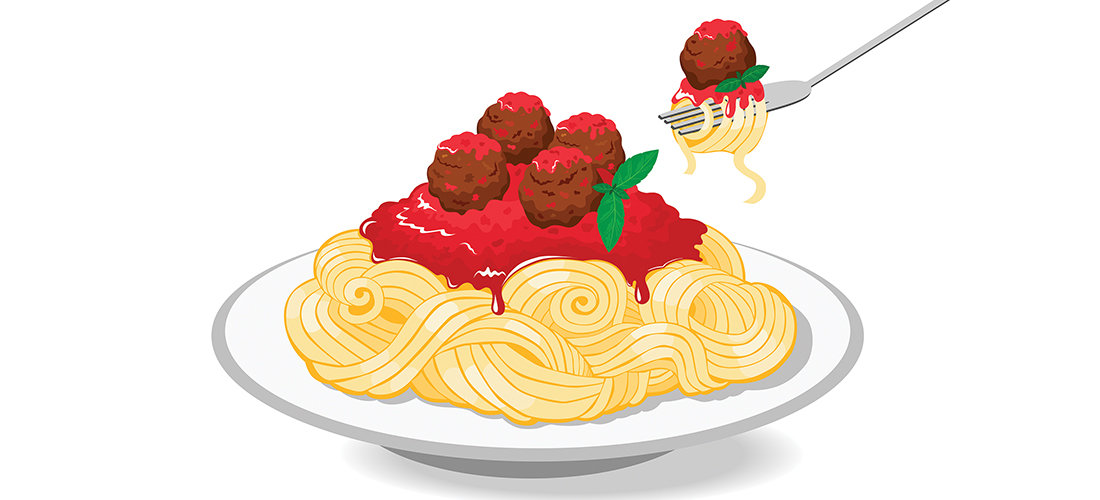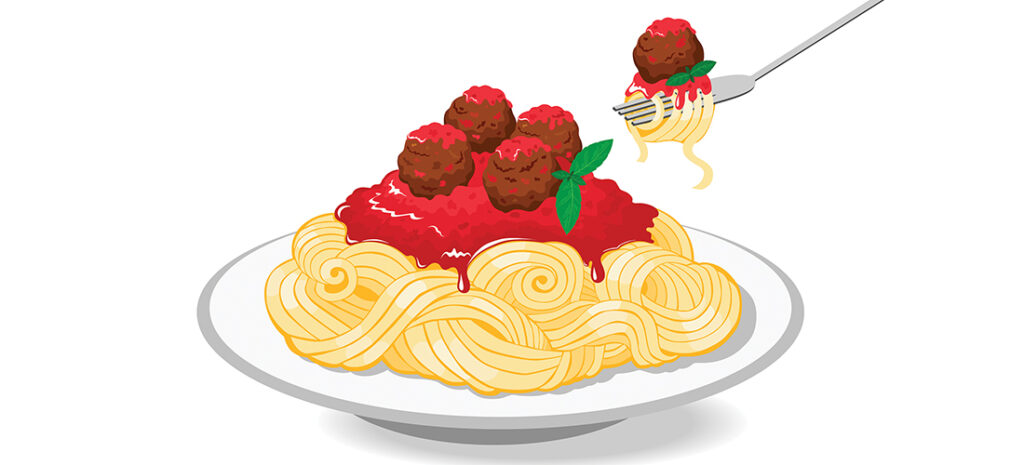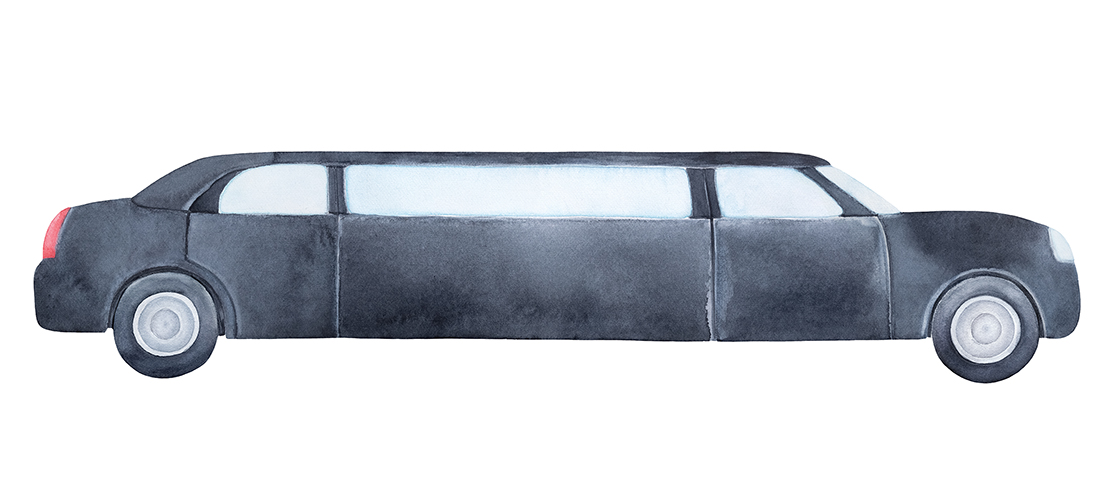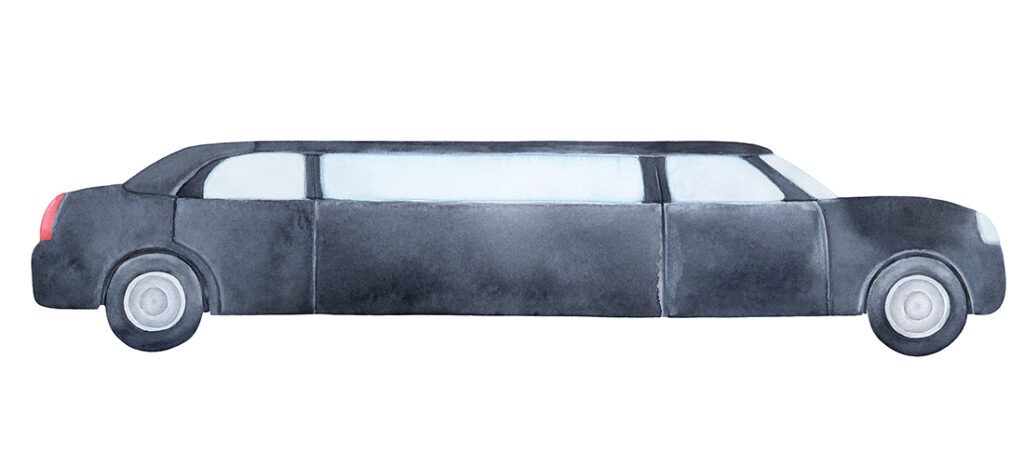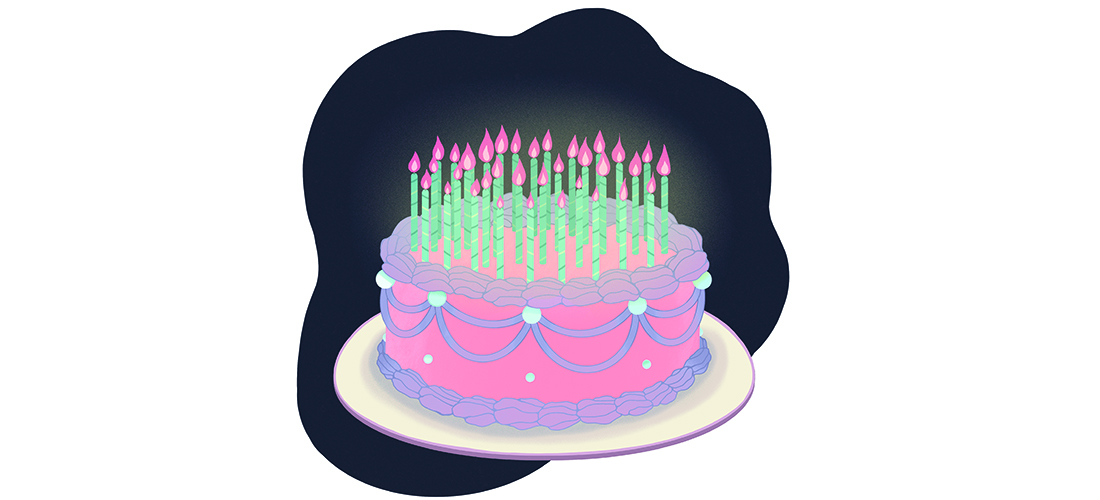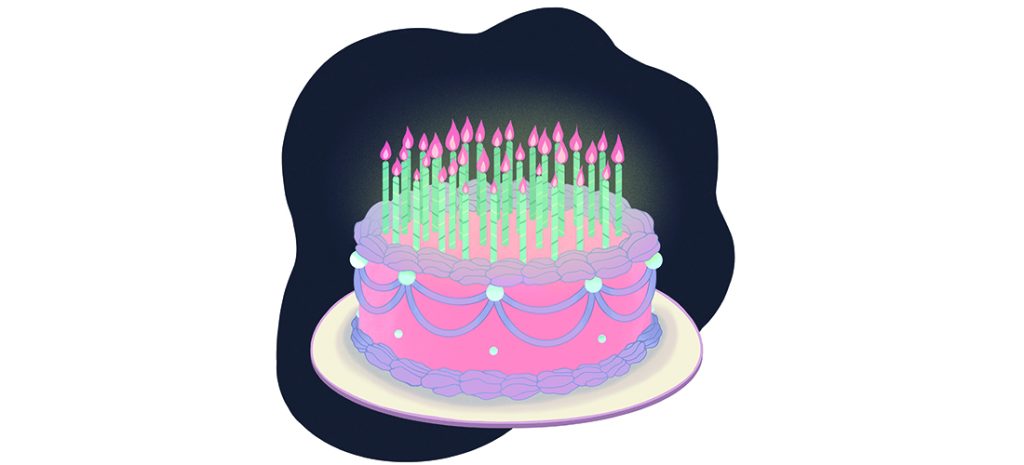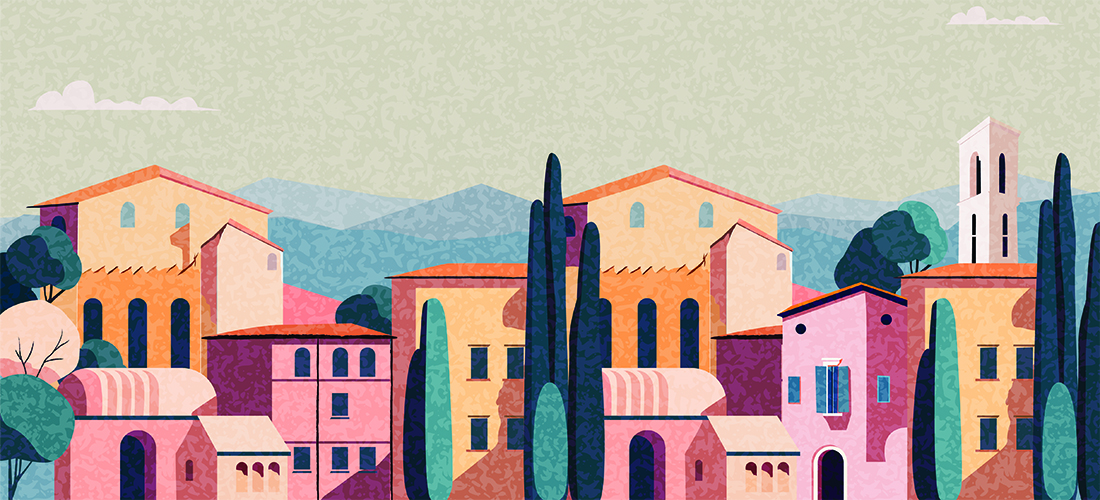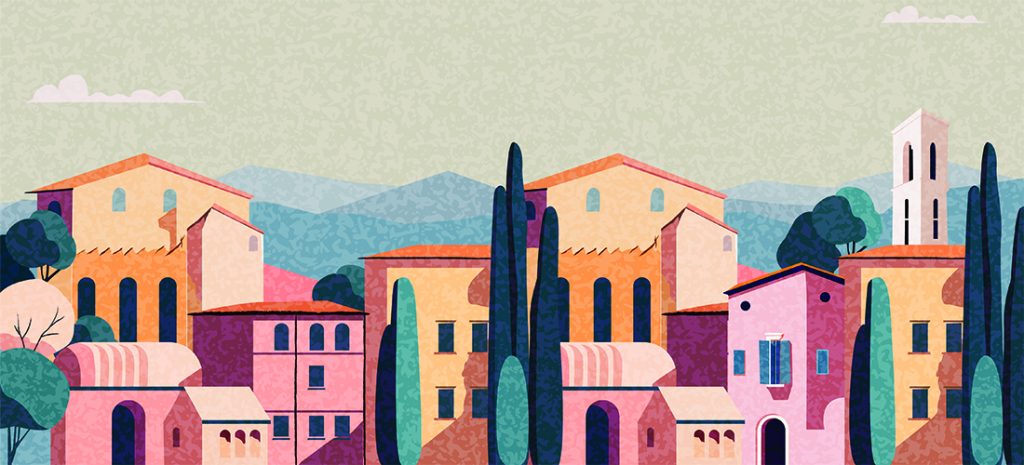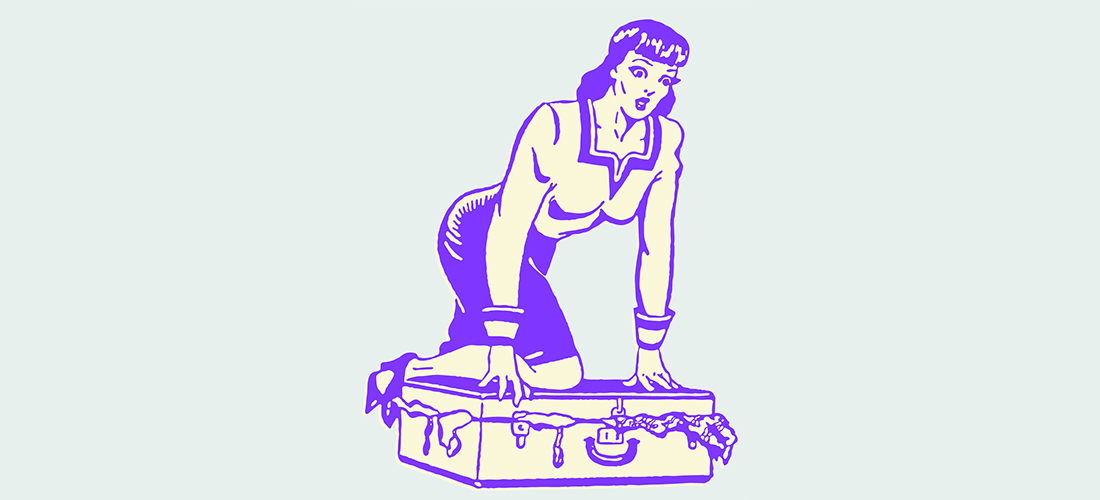Home Grown
Home Grown
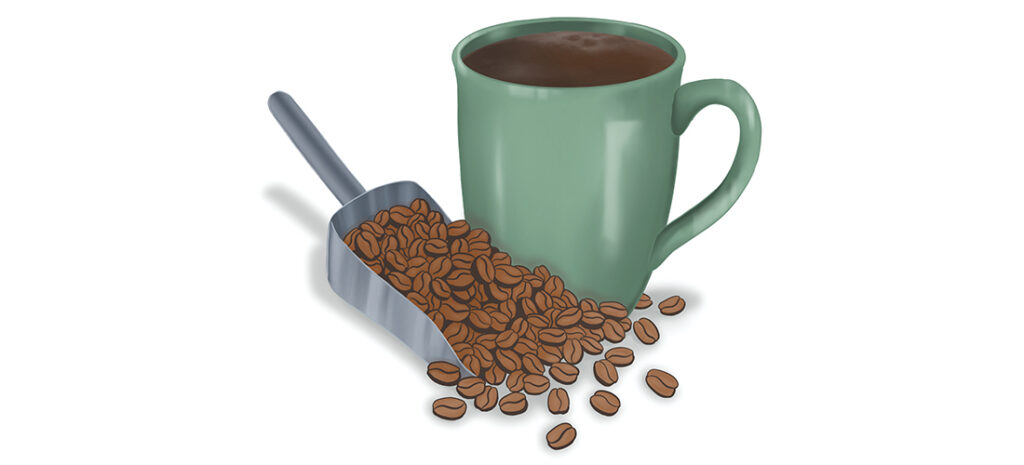
Just the Beans
Upping our daily grind
By Cynthia Adams
Our kitchen counter is dominated by a coffee machine large enough to be in a Starbucks.
It grinds, perks, foams and noisily squirts. It is shiny and intimidating.
If this machine were a Hollywood star, as I am pretty sure it thinks it is, it would be Sofía Vergara.
The fully loaded, foreign-made espresso maker came from Williams-Sonoma. When Don came home with it, he stared at the enormous box before uncrating the behemoth, breathing shallowly. He sank down onto a stool. It was a moment. Finally, he gently eased it out of the packaging, barely exhaling, before carrying it to its place on the counter.
He handled it with the care and caution of an acolyte bearing incense or an offering to the altar. I murmured something about the Oracle of Omaha, Warren Buffet, contentedly drinking McDonald’s coffee each morning. Don’s dumbfounded expression shut me up.
The machine claimed a huge section of counter space; a kitchen squatter, as large as the microwave and nearly as heavy.
The lengthy instruction manual and its detailed warranty were scrutinized, analyzed, memorized. It was actually some months before Don left town and I attempted to use the shiny beast myself, safe from his watchful eye. He was the barista in charge of all coffee making — and I remained too intimidated by the thing.
This Australian-engineered coffee machine had more doohickeys and programmed features than my car. Well, close.
I dialed, adjusted, waited as it did its work. But the machine instantly loathed me, producing an espresso so intense and unpalatable I shouted “Mio Dio, quell caffe e forte!” And I don’t even speak Italian.
The Australian machine only likes Don, presumably because he has relatives living near Sydney. Mine live near Hell’s Half Acre. I gave up and drove to McDonald’s for a latte as soon as I regained my ability to speak English.
Ostensibly, we had invested in this finicky contraption to end the high cost of daily “designer coffees.” It would take a mathematical whiz to calculate exactly how long it would take to make it worth it.
Realistically, we have not saved one thin dime but are instead dipping into our retirement fund. The cost of the machine was only the beginning.
Because the machine deserved — no, demanded — specialty unroasted beans. “You do not put regular gas into a Ferrari,” Don spluttered.
How could I think of using ordinary roasted beans from the local market? Whose antioxidant value was already diminished?
My ignorance launched Don into mansplaining.
He explained free radical damage. And polyphenols. The benefits from green beans might be preventatives against all the worst illnesses: cancer, heart disease, diabetes. He took a deep breath.
So, if we didn’t buy roasted beans, I asked, did this mean we needed unroasted beans?
Of course, he replied. “They’re called green beans.” I believe he briefly closed his eyes, collecting. Then what? I asked, shooting a dirty look at the Australian which seemed to be smirking at my ignorance.
This led to the next phase of our coffee journey. Don first experimented by roasting green beans in a popcorn popper, something YouTube had suggested. That was soon deemed too difficult to control . . . beans went from lightly roasted to charred in seconds.
Did I mention the green beans were not inexpensive, especially factoring in the cost of shipping? Coffee is a commodity folks. Globally traded.
We swiftly replaced the hot air popcorn popper with a bona fide roaster, which also must be carefully attended despite all the fancy gee jaws and settings. It’s Australian, too, and nearly as cheeky as the coffee machine.
The roaster was installed in the basement near bags of green coffee beans specially ordered from Sweet Maria’s in California. (Until the first invoice from the Californians, he roasted coffee for nearly anyone who mentioned a love of java.)
The roaster required a contraption Barista Don built to divert the smoke, snaked across the basement ceiling to the chimney flue and overwhelming the basement.
But I do not murmur complaint, for therein lies the true payoff of coffee roasting. The dazzlingly aromatic smell, redolent of various coffee types, sometimes infused with the round notes of fine chocolate, rises through the floors of our very old house, suffusing the air.
I inhale deeply. This is the exact smell I hope carries me off to the afterlife when I die.
Back upstairs, the Australian is soon fed its favorite beans. It will grind, perk, foam and noisily squirt. And it will produce a perfect cup, often what caffeine lovers call a “God cup.” I wait obediently, grateful, actually.
Barista Don and I have reached a kitchen accord.
For just a sip of the freshly roasted goodness in my cup, you’d do the same. The machine — that Australian diva that took over our kitchen — has rightfully earned her seat at the table. OH
Cynthia Adam is a contributing editor to O.Henry magazine.

